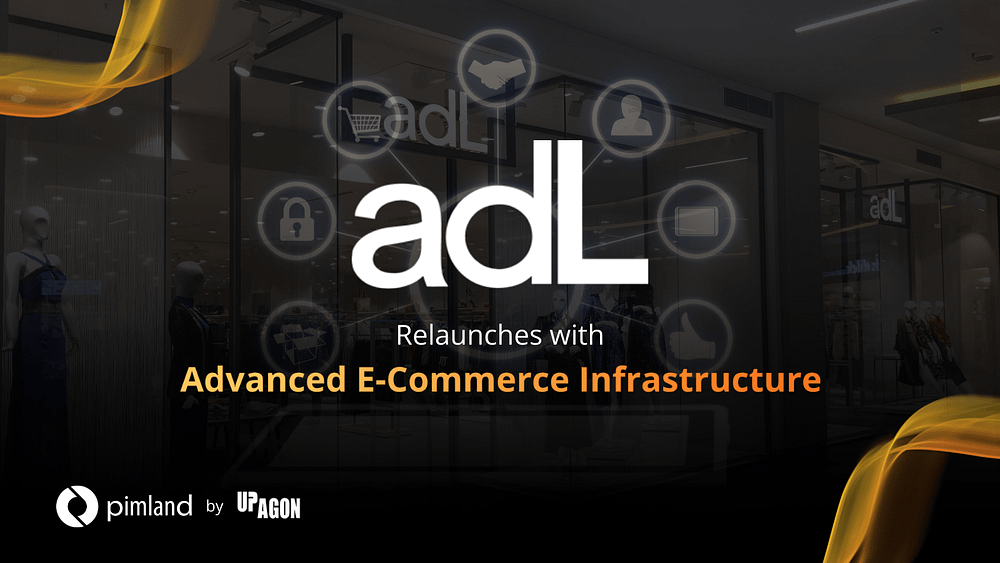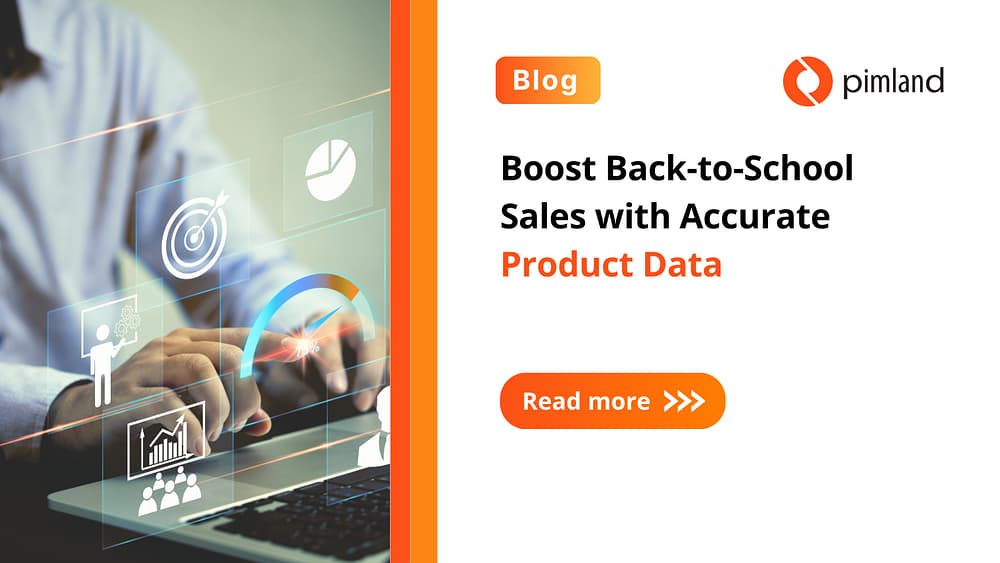Have you ever wondered what differentiates successful fashion brands from the rest? It’s not just about appealing designs or the latest trends; it’s about how effectively they manage every stage of a product’s lifecycle.
Product Lifecycle Management (PLM) is crucial from concept to delivery, guaranteeing seamless collaboration, improved quality, and shorter time-to-market. By incorporating supplier management into PLM, companies can maximize the potential of their supply chains, streamline operations, and stay competitive in the dynamic fashion industry.
According to a recent Gartner study, businesses that use PLM systems experience a 15-20% reduction in time-to-market and a 10-12% increase in product quality. These solutions optimize the entire lifecycle by integrating teams, suppliers, and processes at various production phases, resulting in smoother cooperation and enhanced decision-making.
So, how can PLM streamline supplier management specifically? Let’s look at it together!
Why are Product Lifecycle Strategies Important?
PLM is a centralized hub that manages every tiny detail from design to manufacturing. It is the foundation of a company’s product development process.
PLM guarantees teams are in sync, data is available, and decisions are made quickly. By decreasing errors, enhancing communication, and streamlining workflows, PLM enables organizations to bring products to market more effectively while maintaining high standards.
Benefits of PLM for Businesses
Here is a table showcasing life with and without PLM in your business strategies.
| With PLM | Without PLM |
|---|---|
| Better teamwork: Everyone is on the same page, sharing the same information about the product. | Miscommunication: Teams may not have the same info, leading to mistakes or delays. |
| Faster decision-making: PLM helps teams make decisions quickly by providing all the data in one place. | Slow decisions: Without a central system, getting all the necessary info can take longer. |
| Fewer errors: PLM reduces mistakes by tracking changes and ensuring everyone sees the latest version. | More errors: Teams might work with outdated information, making costly mistakes. |
| Cost savings: By streamlining processes and avoiding mistakes, companies save time and money. | Higher costs: Errors and delays increase costs, making product development more expensive. |
| Faster time to market: PLM speeds up the process, so products get to customers more quickly. | Slower to market: Without PLM, delays add up, and competitors might launch their products first. |
| Quality control: PLM helps maintain high standards by keeping track of every detail. | Quality issues: Ensuring products meet high standards without PLM is more challenging. |
PLM acts like a guide that ensures everyone in the company is working together smoothly. It keeps everything organized, helps teams make better decisions, and prevents costly mistakes. Without it, things can get messy quickly—leading to wasted time, money, and lost opportunities to competitors.
Why Effective Supplier Management is Key?
As mentioned, PLM is a centralized system where all product-related information is stored and easily accessible. This benefit of PLM allows companies to facilitate seamless communication and collaboration among teams and suppliers.
Clear communication is crucial when collaborating with suppliers. Designers and business owners must express their expectations and requirements effectively to ensure the final product matches their vision. This is where product routes come into play. Once a product design is complete, each detail is handed over to the supplier. This includes information on colours, sizes, buttons, glitters, and everything else necessary for the supplier to visualize the finished product accurately.
With PLM, companies can ensure that their suppliers are aligned with product specifications, quality standards, and timelines. The system provides real-time data on supplier performance, enabling organizations to make informed decisions and adjustments quickly.
The designer or business owner can see where the supplier is at each stage of the product creation process.
Enhancing Supplier Management with PIMLAND
PIMLAND revolutionizes supplier management through its integrated Product Lifecycle Management (PLM) and Supplier Relationship Management (SRM) functionalities, specifically tailored for the fashion and apparel industry. How do PIMLAND and its PLM help your business?
1. PLM Offers Real-Time Access to Information
PIMLAND’s integrated Product Lifecycle Management (PLM) system ensures that all stakeholders, including suppliers, designers, and product managers, have immediate access to critical supplier and product data.
This real-time visibility minimizes the risks associated with miscommunication and errors, as everyone operates from a single source of truth.
2. Quality Control Monitoring with PIMLAND
PIMLAND’s PLM provides brands with tools to systematically evaluate supplier reliability and product quality. By analyzing supplier data and performance metrics, brands can maintain consistent product quality and proactively address potential issues before they escalate.
PIMLAND’s ability to integrate quality standards into the supplier management process allows fashion companies to establish strong partnerships with their suppliers, ensuring that every product meets the desired quality benchmarks and aligns with brand standards.
3. Seamless Data Integration for Effective Supplier Management
PLM excels in providing dynamic data management tools that seamlessly integrate supplier information with product data. This integration facilitates effective supplier management by ensuring that all relevant information—such as lead times, cost structures, and compliance metrics—is synchronized across the platform.
PIMLAND aligns supplier data with product lifecycle stages, enabling informed decision-making, reducing risk, and enhancing supply chain agility. This approach helps brands quickly respond to supplier performance or market conditions changes, driving efficiency and innovation throughout the product lifecycle.
4. Optimized Supply Chain
PIMLAND’s streamlined processes are designed to enhance collaboration among all stakeholders involved in the supply chain, from suppliers to internal teams. By optimizing workflows and facilitating communication, PIMLAND helps brands achieve faster response times, which ultimately leads to shorter lead times for product launches.
This optimization is particularly critical in the fashion industry, where trends can change rapidly and the ability to adapt swiftly can provide a competitive edge. With PIMLAND, brands can build resilient supply chains that not only meet current market demands but also anticipate future needs, ensuring sustained growth and success in a dynamic environment.
Conclusion
Product Lifecycle Management provides businesses valuable insights and data at all product lifecycle stages. Companies can use this data to make more informed, evidence-based decisions, identify market trends, and find areas for improvement. This data-driven approach guarantees that initiatives are based on facts, not preconceptions.
In short, a strong PLM strategy is critical for businesses looking to survive in today’s competitive market. Businesses that manage the product lifecycle efficiently can improve operations, increase customer happiness, and fuel growth. Pimland’s tailored PLM solutions are designed to assist you in achieving these objectives, ensuring that your brand remains competitive in the ever-changing fashion sector.
Start your journey with us; contact PIMLAND to enhance your operations!


